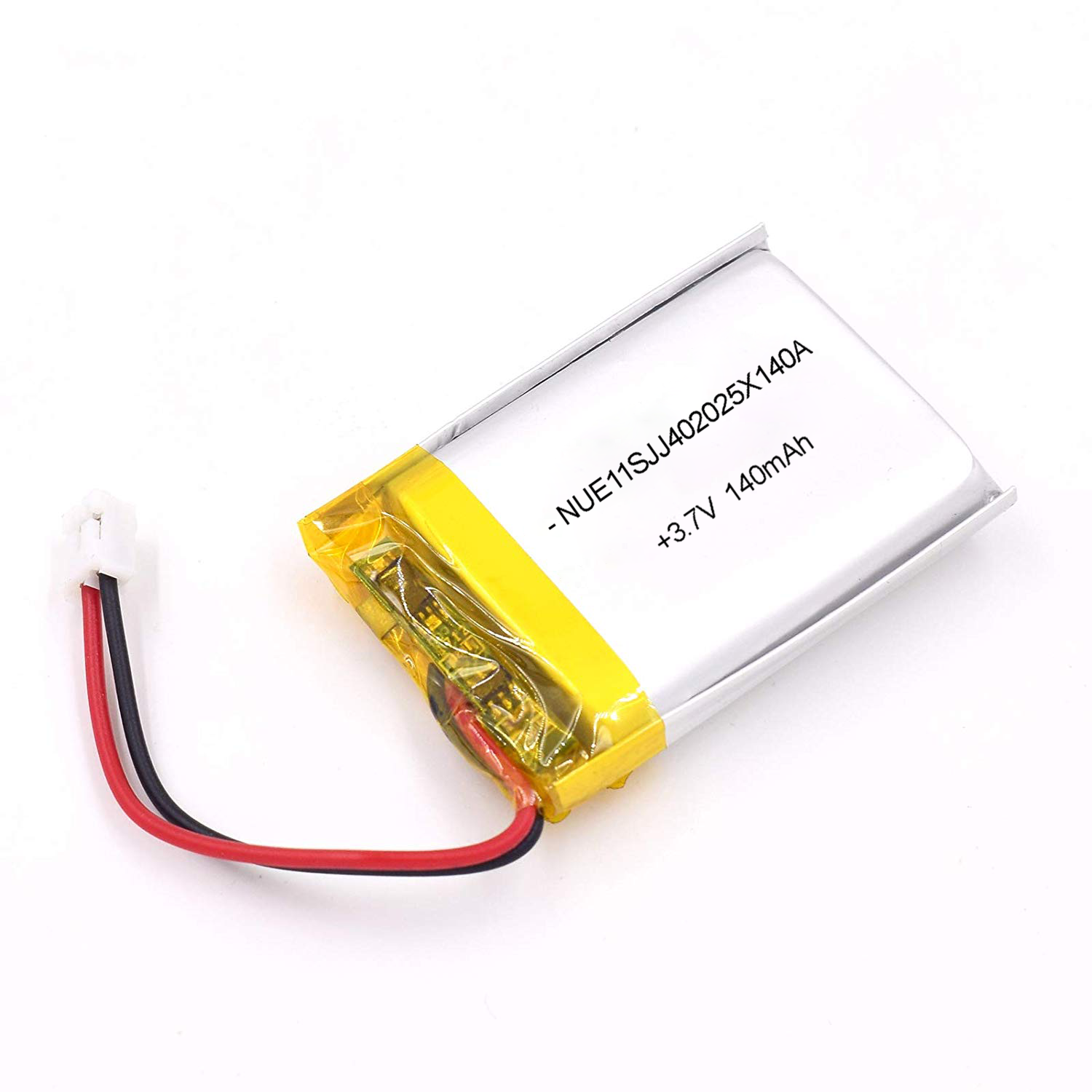Lithium-Ion (Li-Ion) battery technology is among the most rapidly growing trends within the world of tools and for the right reasons. Lithium-Ion batteries are the most efficient in terms of energy-to-weight ratio, which means they provide the most power in the least weight. They are also free of memory effect, or the lazy effect of a battery.
The reason for this is that ion batteries are unable to take a charge of a maximum amount after having been recharged multiple times without fully utilized (a frequent symptom for Nickel Cadmium (NiCad) batteries).

Li-Ion batteries are completely memory-free and will always accept the maximum charge. Furthermore, Lithium-Ion batteries have the ability to sustain a low rate of loss of charge even when the battery is not in use.
What is the main difference between Lithium Batteries in comparison to Lithium-Ion Batteries?
The distinction lies in the chemical composition; a Lithium battery is the source of power that is disposable composed of lithium alloys. The main word here is disposable. Lithium batteries are not able to recharge. Lithium-Ion batteries however are intercalated.
What are the advantages that come from Lithium-Ion Technology?
Lithium-Ion batteries have a lot of power and are also surprisingly lightweight, particularly when compared to rechargeable batteries that are not rechargeable.
Li-Ion batteries are single-cell technology and have a larger energy storage capacity over Nickel Metal Hydride and Nickel Cadmium batteries. They can store more energy in their smaller size than NiCad or NiMH.
/cdn.vox-cdn.com/uploads/chorus_image/image/51867435/Eli_Preferred_Headshot.0.jpeg)